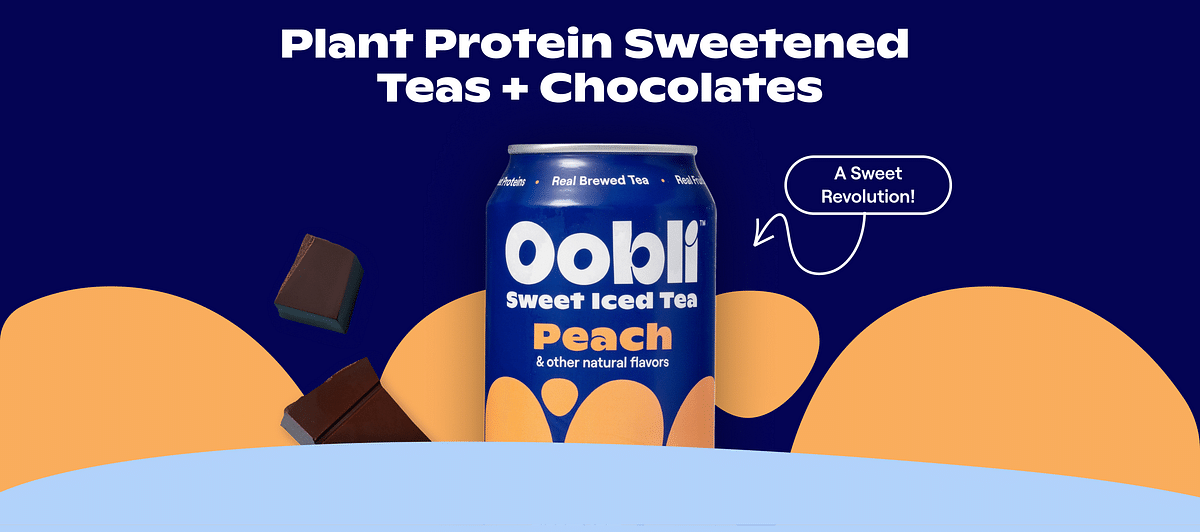
By Jim James, Host of The UnNoticed Entrepreneur.
Sugar is a ubiquitous ingredient found in 75% of foods, yet it is a major contributor to global obesity and diabetes. The worldwide sugar market rakes in over $40 billion annually, but one California startup aims to disrupt this industry with an innovative new ingredient - sweet proteins.
Oobli has introduced the world's first sweet protein products to market, offering the taste of sugar without the blood sugar spike or gut issues. Their nature-identical proteins provide the sweetness signal to your taste buds while being digested as protein, not simple carbs.
CEO Ali Wing explains how, after 8 years developing the science, she is strategically launching sweet proteins to re-pattern consumer flavour associations and partnerships.
A Breakthrough Alternative to Sugar
Sweet proteins exist naturally in rare equatorial plants and berries but haven't been extractable for mass production until now. Using advanced fermentation technology, Oobli replicates these exotic proteins with precision outside the lab.
"It's the perfect marriage of nature and technology," says Wing. "We can deliver sweetness while supporting, not disrupting, the body."
With obesity and diabetes at all-time highs, consumers crave healthier sugar alternatives. But Wing explains, "Just more carbs hasn't made us healthier over the last 25 years."
By sidestepping carbohydrate pathways altogether, sweet proteins offer a truly innovative solution. Early response has been extremely positive.
Educating Through Taste
Winging knows shifting lifetime flavour associations isn't easy, so taste triumphs above all. "Craveable foods are key to interact with consumers," she says.
After sampling over 15,000 teas this summer, Wing is expanding trials. "We have to tackle sampling digitally too," she says, by incentivising online education and mailed product trials.
This transparency provides credibility. "I want everyone to see what people are saying and let the numbers speak for themselves."
Rehabilitating the Food System
Rather than demonising sugar, Wing sees sweet proteins as rehabilitation agents. "Sugar shouldn't play every role it currently does in our diet," she says.
While Oobli's initial teas and chocolates deliver on taste, the bigger vision is B2B. "We're working with large companies on rehabilitating their products to give the same tastes people love, but better for their bodies."
This B2B2C model provides scale while letting brands own customer relationships. Wing says, "Great change often happens by lighting consumer fires."
Avoid Perfection, Fail Fast
As any innovator knows, launching new technology has unforeseeable hurdles. For Oobli's first production, one such lesson was inadequate protein visibility on nutritional labels.
"It was a total miss by us," admits Wing. "But fail fast, admit it and adjust." They quickly fixed labels to avoid confusing consumers.

